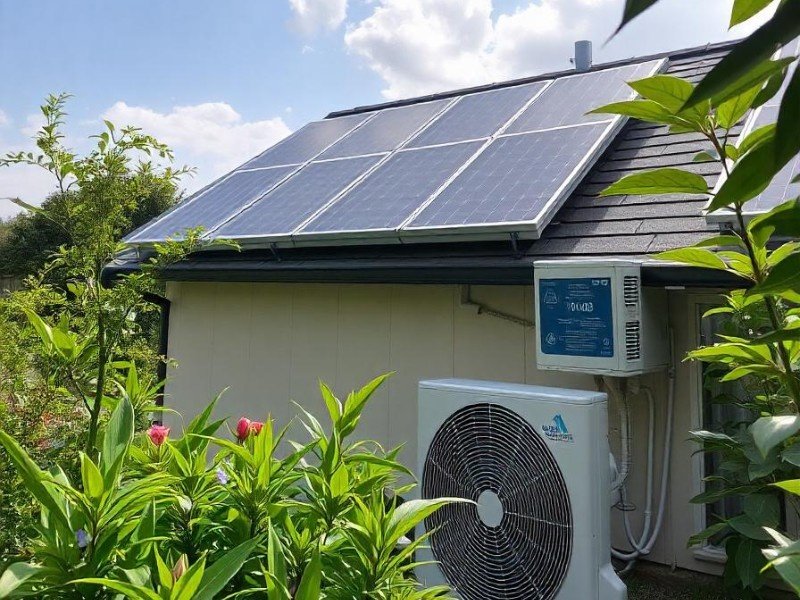With the growing demand for sustainable energy solutions in India, solar power has emerged as a cost-effective and environmentally friendly alternative. Installing a 1 kw solar panel system is one of the best ways to harness this energy, especially for households looking to cut down on electricity bills and reduce their carbon footprint. A 1 kw system is ideal for small families, as it can significantly lower reliance on grid power while offering long-term savings.
The system typically consists of solar panels, an inverter, mounting structures, and other balance-of-system components that work together to convert sunlight into usable electricity. Let us take a closer look at the costs, space requirements, energy output, and benefits of installing a 1 kw solar panel in India in this blog.
How Much Does a 1 KW Solar Panel System Cost in India?
When it comes to installing a 1 kilowatt solar panel system for a home in India price can vary depending on several factors such as the quality of the components, installation charges, and location. On average, a whole system of 1 KW solar panel costs between INR 45,000 to INR 80,000.
Who Should Opt For a 1kW Solar Panel System?
A 1kW solar panel system is an excellent option for households or businesses with modest energy needs. If your daily electricity usage includes essential appliances like LED lights, ceiling fans, a television, and small electronics, a 1kW system can typically meet those energy requirements during daylight hours. It’s especially appealing for homeowners looking to reduce their electricity bills without making a significant upfront investment.
Small commercial setups such as stationery stores, tea stalls, and barber shops that operate primarily during the day, as well as rural homes or farmhouses, often have minimal power demands and can efficiently run basic operations using a 1kW system. While such a system reduces reliance on the electricity grid during the day, it does not provide power during outages unless paired with a battery backup.
For those looking to add a cost-effective and sustainable supplement to their current energy supply, or limited backup power with storage integration, a 1kW solar system is a smart choice. It also serves as a practical starting point for first-time solar users who want to explore the benefits of solar energy without committing to a larger system.
How Much Space Do You Need for a 1 kw Solar Panel?
One of the critical factors to consider before installing a solar panel is the amount of space it requires. A 1 kw solar panel system typically needs around 80 to 100 square feet of shadow-free space. The exact space requirement depends on the efficiency and size of the panels.
How Much Energy Can a 1 KW Solar Panel System Generate in India?
When you install a 1 kw solar panel system, your energy output will vary depending on several factors such as location, sunlight hours, and seasonal variations. On average, a 1 kw system in India can generate between 4 to 5 kWh of electricity per day.
Factors Affecting Daily and Annual Output
Payback Period and Long-Term Financial Benefits of a 1 KW Solar Panel System in India
One of the biggest concerns when investing in a solar system is the payback period and long-term financial benefits. The good news is that a 1 kw solar panel system can prove to be highly beneficial in the long run.


Tips for Maintenance and better Efficiency of 1 KW Solar Panel
To maximize the efficiency of your 1 kw solar panel system and extend its lifespan, regular maintenance is essential. Fortunately, solar panels are low-maintenance, but keeping them clean and free from dust ensures optimal performance.
Conclusion
Investing in a 1 kw solar panel system can offer substantial financial and environmental benefits for households in India. While the initial cost may seem high, the long-term savings and incentives available make it a wise investment. With proper installation and maintenance, a 1 kw system can help you cut down on electricity costs and reduce your carbon footprint. Whether you are considering solar power for the first time or upgrading your existing system, a 1 kw solar panel is a great place to start!




